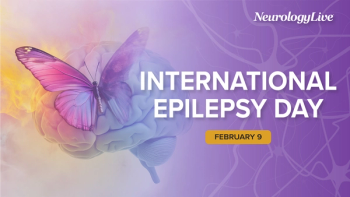
Community Efforts to Standardize and Improve ALS Diagnosis: Kuldip Dave, PhD

The senior vice president of research at The ALS Association discussed the need for standardizing ALS diagnosis across institutions to reduce delays and ensure timely treatment. [WATCH TIME: 4 minutes]
WATCH TIME: 4 minutes
"The 'Think ALS' tool provides an easy-to-use guide for recognizing ALS features and ensures referrals are marked urgent, helping reduce diagnosis wait times from months to just a few weeks."
A recently published study by researchers at
The study built on common knowledge that non-ALS/general neurologists form a key link in ALS diagnostic delays in the U.S. A notable finding from the study was that the bulk of diagnostic delay in the U.S. may be while under the care of neurologists, particularly non-neuromuscular trained neurologists. Investigators also concluded that in the very early stages of ALS, when only one limb or spinal segment is affected, non-ALS clinicians may order serial imaging tests trying to find an alternate focal localizable lesion or may not think about ordering comprehensive three-segment EMGs such as required for ALS workup such as noted in test ordering patterns in the study.
To better understand the implications of the research, as well as some of the gaps in ALS diagnosis, NeurologyLive® sat down with first author
REFERENCE
1. Dave KD, Oskarsson B, Yersak J, et al. Contributions of neurologists to diagnostic timelines of ALS and thinkALS as an early referral instrument for clinicians. Amyotrophic Lateral Sclerosis and Frontotemporal Degeneration. Published online December 10, 2024. doi:10.1080/21678421.2024.2432034
Newsletter
Keep your finger on the pulse of neurology—subscribe to NeurologyLive for expert interviews, new data, and breakthrough treatment updates.










